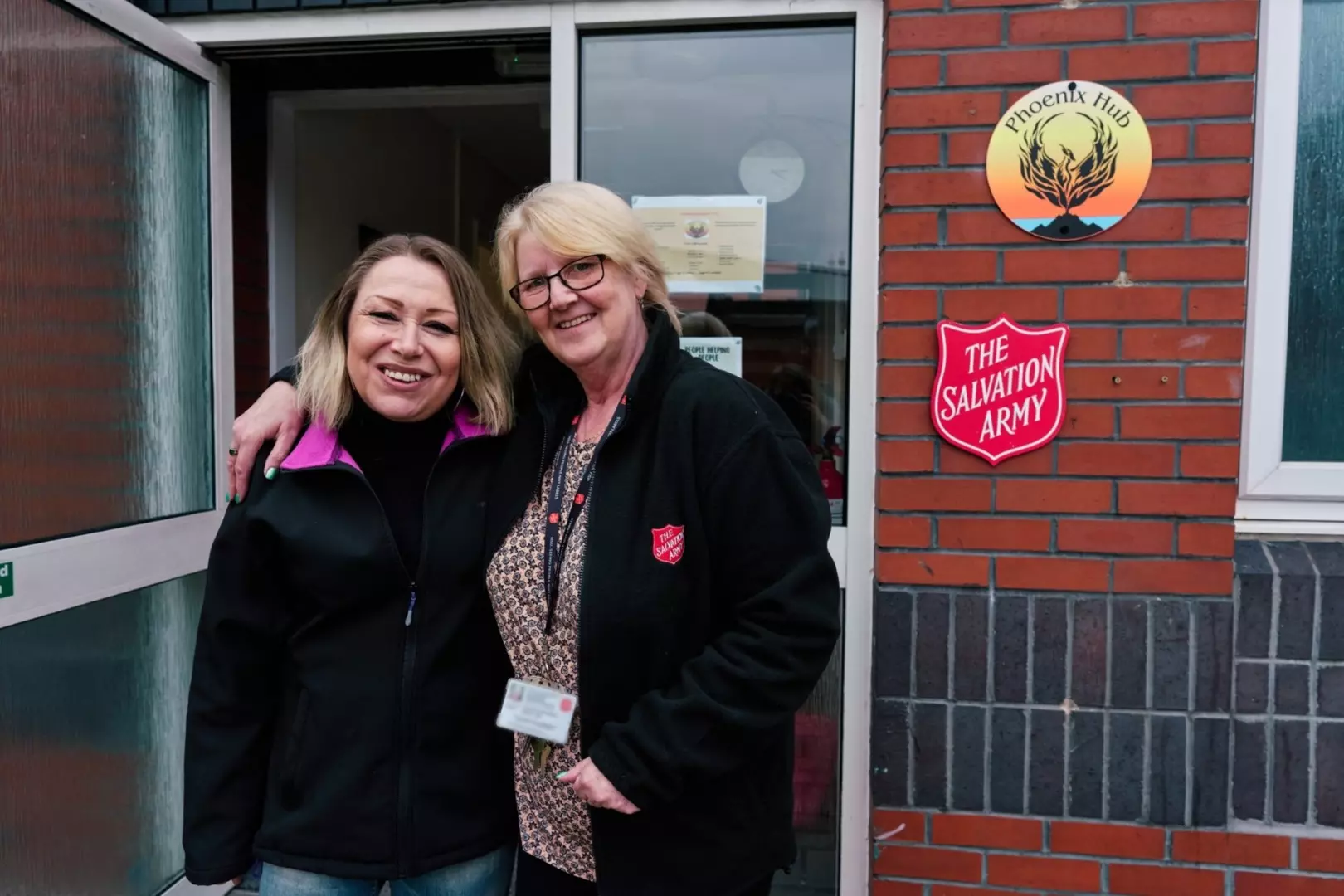Report calls for more data to tackle homelessness
published on 23 May 2024
A new report from The Salvation Army in Scotland is recommending urgent collection of data on numbers of people rough sleeping, along with cause-of-death data for anyone who dies while living in temporary accommodation.
The report, titled Breaking The Cycle, will be launched at the Scottish Parliament today (Thursday 23 May). In it, the church and charity warns that missing data makes it more difficult to effectively plan vital services and guide people into independent living programmes such as Housing First. The makes seven key recommendations to help ensure homelessness is rare, brief and un-repeated.
Research by The Salvation Army reveals at least 600 people died in temporary accommodation since 2019. However, just one third of Scottish councils record cause-of-death data in those circumstances. Of local authorities that record that information one fifth of deaths are drug related.
Colonel Sylvia Hinton, Secretary for Scotland at The Salvation Army, said: “Every person’s homelessness journey is different. Our new report has found serious gaps in information gathering, which means that services are not always able to respond in a way that ensures people receive the right level of support for their circumstances, helping them to live independently and prevent a return to homelessness. Scotland has some of the strongest policies around homelessness and for these to be effectively implemented and evaluated, reliable and robust data is essential.
“From experience working with people sleeping rough in Scotland and in London we know that resources can be allocated most effectively when we have access to real-time information. There has been no country-wide or cross-council monitoring of rough sleeping in Scotland in recent years. That is why in this report we are calling for a CHAIN-type system similar to the one that operates in London designed to capture the number, nature and distribution of this preventable tragedy. Better data would not only assist in targeting resources it also supports progress towards eradicating rough sleeping and potentially saves lives.”
The detailed 30-page document will be launched in front of people who have used homelessness services in Scotland and those working in the sector as well as MSPs, leading academics and representatives from Scotland’s charity sector.
The recommendations are as follows.
- All local authorities in Scotland to analyse the cause of death of any individual who dies while in temporary accommodation or a Housing First tenancy arranged by a local authority. This information to be promptly reviewed identifying any trends requiring action.
- Government, councils and Health & Social Care Partnerships (HSCPs) to work together to ensure there is drug, alcohol and mental health support available evenings and weekends in all local authority areas.
- Drug and alcohol policy should be treated predominantly as a public health issue.
- Cities and regions with high levels of rough sleeping to introduce a similar recording system of the rough sleeping population as in London (CHAIN).
- People housed in temporary accommodation to be prioritised in receiving specialist support for substance use and mental health.
- People in Housing First tenancies to be prioritised in receiving specialist support for substance use and mental health.
- No individual, especially if they are experiencing homelessness, should be denied mental health support on the basis that they are using drugs or consuming alcohol.
The full ‘Breaking The Cycle’ report is available on The Salvation Army’s website https://www.salvationarmy.org.uk/homelessness-policy/breaking-cycle | For more information on The Salvation Army in Scotland follow @TSA_Scotland on X.
